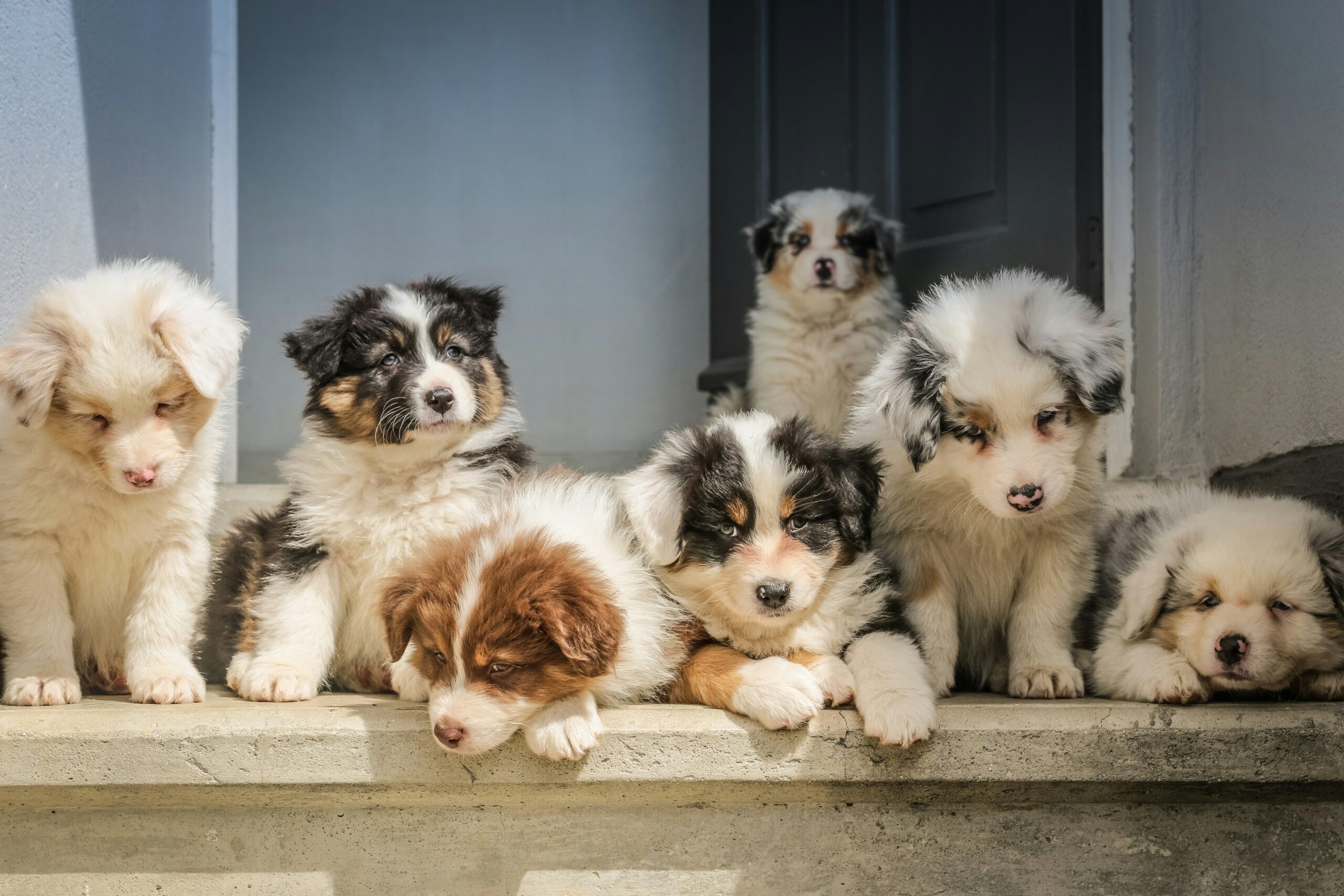How To Pick The Right Dog For You
How to Pick the Right Dog for You: A Comprehensive Guide
Choosing a dog is a life-changing decision. Dogs can bring immense joy, companionship, and purpose, but they also require time, energy, and resources. To ensure a good match, it’s essential to consider both your lifestyle and the dog’s needs. Here’s a detailed guide to help you find the perfect canine companion.
It’s important to remember that a dog isn’t just for Christmas. If you intend to get a dog, make sure you are committed to the long-term investment. Make sure you have things in place, such as doggy daycare if you work full time, and know the best places to take them on walks.
Assess Your Lifestyle and Living Situation
Before diving into breeds and personalities, take an honest look at your life. It’s all well and good thinking that you’re going to get a cute puppy, but also remember that they grow up. Unless you get a smaller dog they won’t stay small forever. Factors such as living space are important.
Living Space
- Apartment or Condo: Smaller breeds like French Bulldogs or Cavalier King Charles Spaniels may be better suited for confined spaces.
- House with Yard: Larger, more active dogs like Golden Retrievers or Border Collies will benefit from the space to run.
Activity Level
- Active Lifestyle: If you enjoy hiking, running, or being outdoors, consider energetic breeds such as Labrador Retrievers, Australian Shepherds, or Vizslas.
- Low-Activity Lifestyle: If you prefer quiet evenings and gentle walks, look at lower-energy dogs like Basset Hounds or Shih Tzus.
One thing we will point out is that if you get a very energetic dog, dog daycare may be a viable option for you and they will come home nice and tired.
Time Commitment
- Dogs thrive on interaction and routine. Ask yourself:
- How many hours per day will the dog be alone?
- Can you commit to daily walks, training, feeding, and playtime?
- Do you have help available (family, pet sitters, doggy daycares)?
Determine the Ideal Dog Size for You
Size matters in terms of space, cost (food, grooming, medical care), and manageability.
- Small Dogs (under 20 lbs): Easier to travel with, often live longer, but can be fragile and more prone to dental issues.
- Medium Dogs (20–60 lbs): A balance between manageable size and physical robustness.
- Large Dogs (60+ lbs): Often need more space, training, and strength to handle, but many are gentle giants (e.g., Great Danes).
Smaller dogs are perfect if you are always travelling and on the go. They are also easier in smaller spaces. When it comes to medium and large dogs, it’s important to make sure they have a lot of space. Medium and large dogs also need plenty of walks and exercise, so if you’re not an active person, they may not be the size you want.
Consider Temperament and Personality
Every dog is an individual, but breeds can give clues to common traits.
- Family-Friendly Breeds: Golden Retrievers, Labradors, Beagles, and Boxers are known for being good with children and sociable.
- Independent Dogs: Chow Chows, Afghan Hounds, and Shiba Inus are often more aloof and suited for owners who respect boundaries.
- Velcro Dogs: Breeds like the Vizsla or Italian Greyhound tend to be very attached and don’t like being alone.
Tip: Don’t overlook mixed breeds. Their personalities can be more balanced and less prone to genetic health problems. One thing we will say is that just because a dog is smaller, it doesn’t mean they’re less energetic and don’t have a bad temperament.
Evaluate Grooming and Health Needs
Grooming can be a major time and financial investment.
- Low Maintenance: Short-coated dogs like Boston Terriers or Dobermans usually require minimal grooming.
- High Maintenance: Breeds like Poodles or Old English Sheepdogs need frequent grooming or professional trimming.
- Hypoallergenic Breeds: No dog is truly hypoallergenic, but some (e.g., Poodles, Portuguese Water Dogs) produce less dander.
Also consider breed-specific health issues:
- Bulldogs often have respiratory issues.
- German Shepherds are prone to hip dysplasia.
- Dachshunds are susceptible to back problems.
It goes without saying that most smaller dogs will have less hair, whereas a larger dog like a Husky will have longer hair, and you’ll forever be cleaning it up. Make sure you have a decent vacuum!
Puppy or Adult Dog?
- Puppies: Offer the opportunity to train and bond from the start, but require a lot of time, patience, and housebreaking effort.
- Adult Dogs: Often house-trained and past the destructive teething phase. Shelters can provide temperament-tested adult dogs ideal for your needs.
A puppy will have more learning to do, this isn’t ideal for people who work full time. You’ll find that older dogs are already mostly well trained.
Adoption vs. Breeder
- Adoption: Rescue dogs can be incredibly loyal and grateful. Shelters and rescue groups often have dogs of all ages, breeds, and temperaments.
- Reputable Breeder: If you’re looking for a specific breed, ensure the breeder is ethical, prioritises health, and socialises their pups early. Avoid puppy mills or pet stores.
Be Prepared for the Long Haul
Dogs can live 10–20 years. They are a lifelong commitment, which means you’ll have them around for a long time. If you think this isn’t for you, don’t get a dog. Consider factors such as:
- Life changes (moving, job changes, kids).
- Financial responsibilities (food, vet care, grooming).
- Emotional commitment.
Conclusion
Picking the right dog is about more than falling in love with a cute face. It’s about compatibility, mutual respect, and long-term commitment. When you take the time to assess your needs and the dog’s needs honestly, you set the stage for a rewarding and lasting bond. Whether from a breeder, a shelter, or a rescue group, the right dog is out there for you.
We say this time and time again, a dog isn’t just for Christmas. Make sure you are fully aware of what having a dog means and make sure you can love and provide for them.

